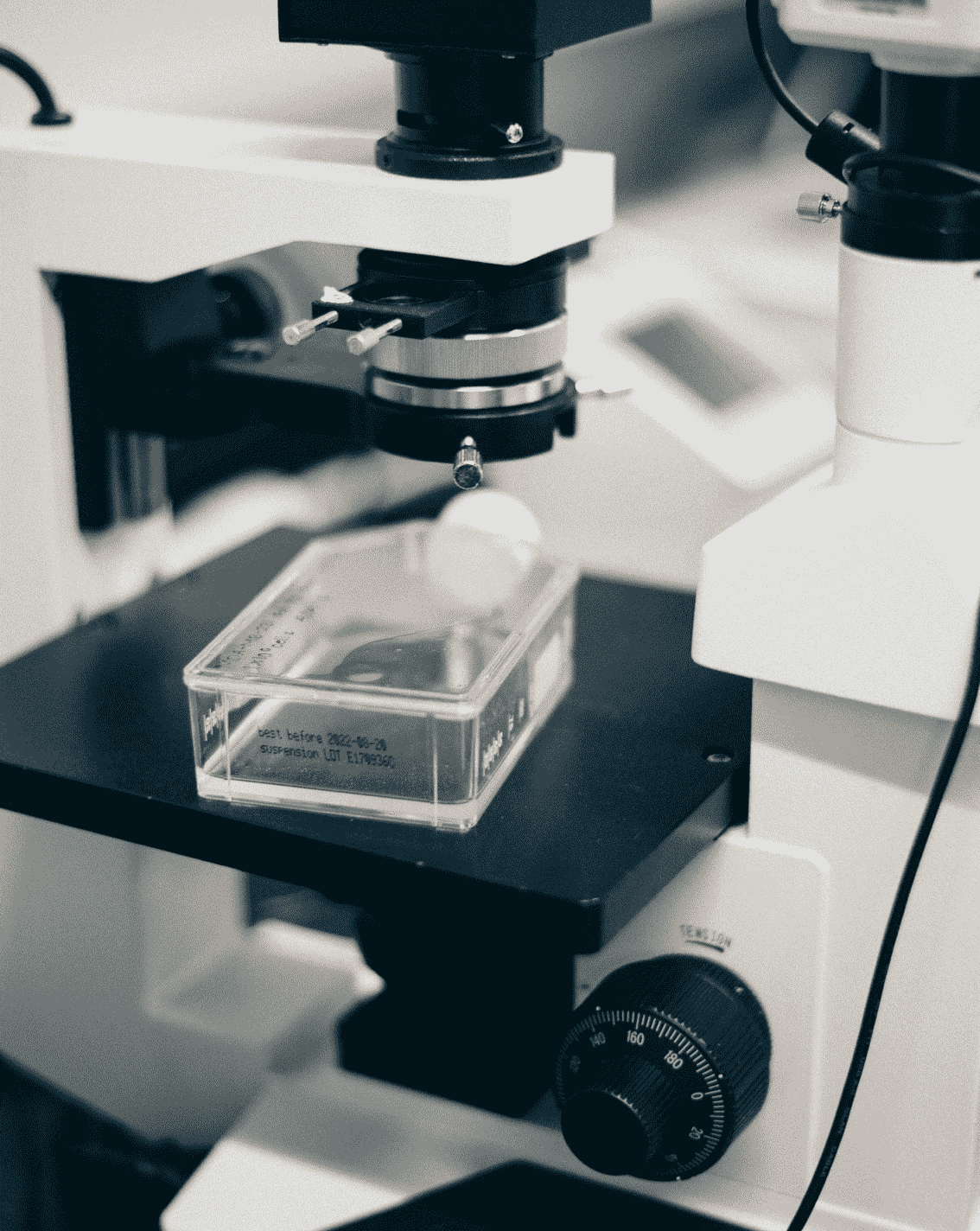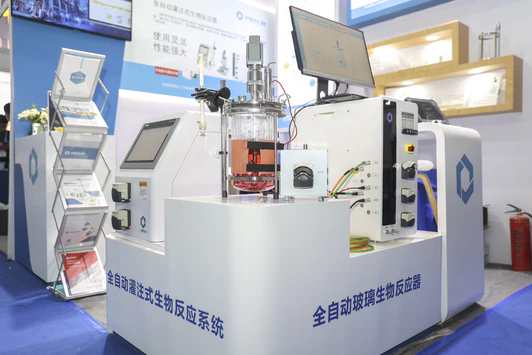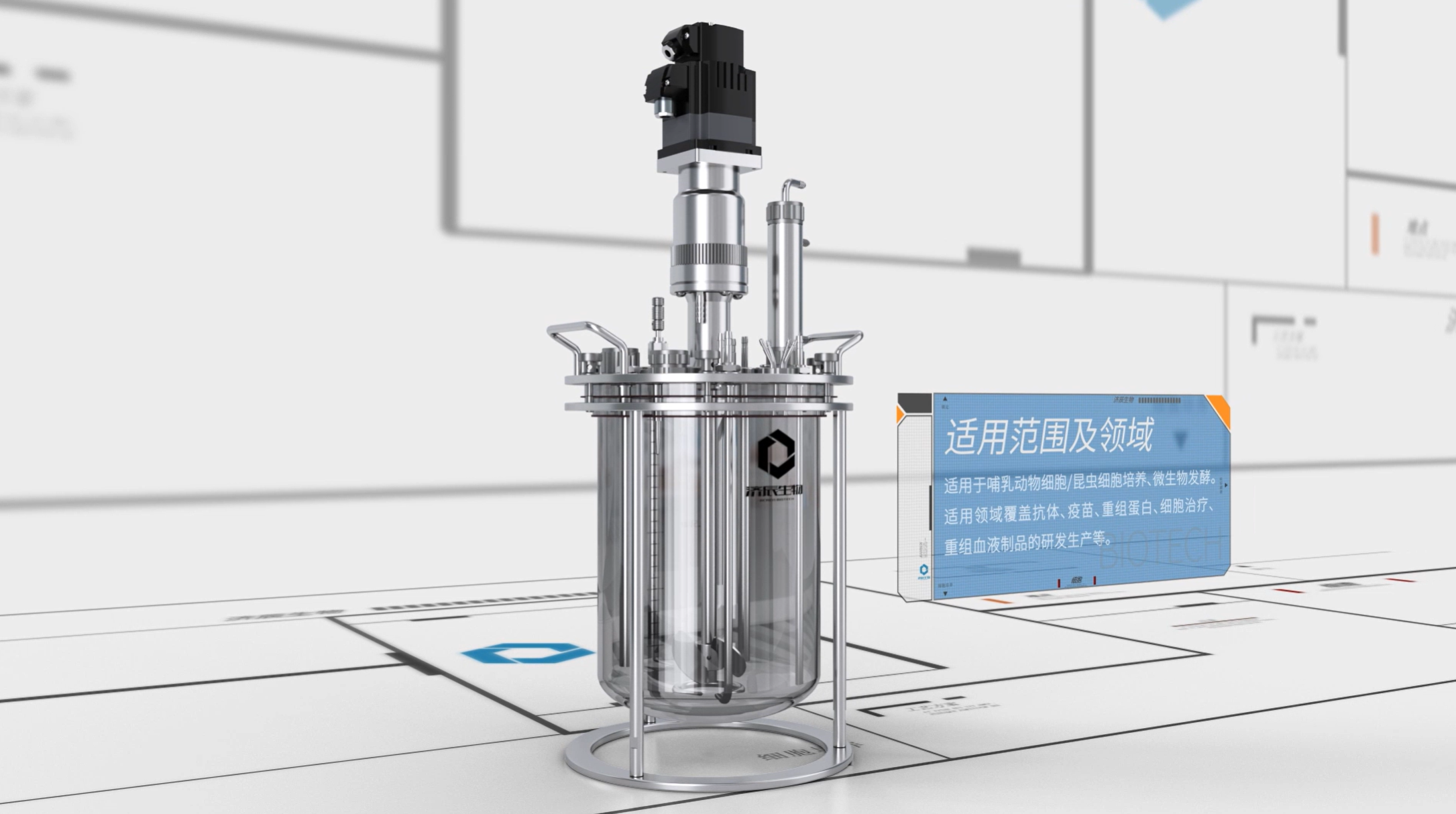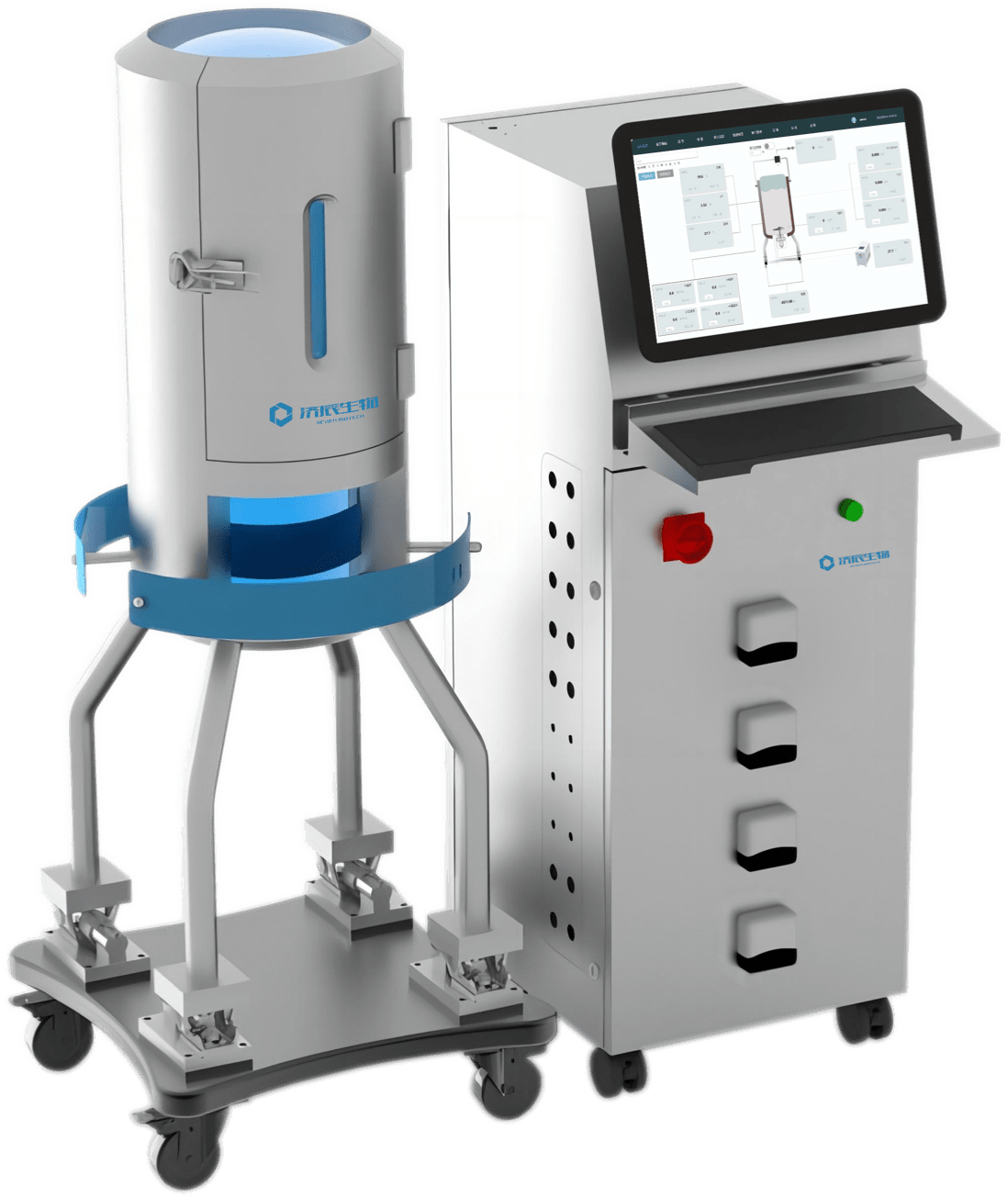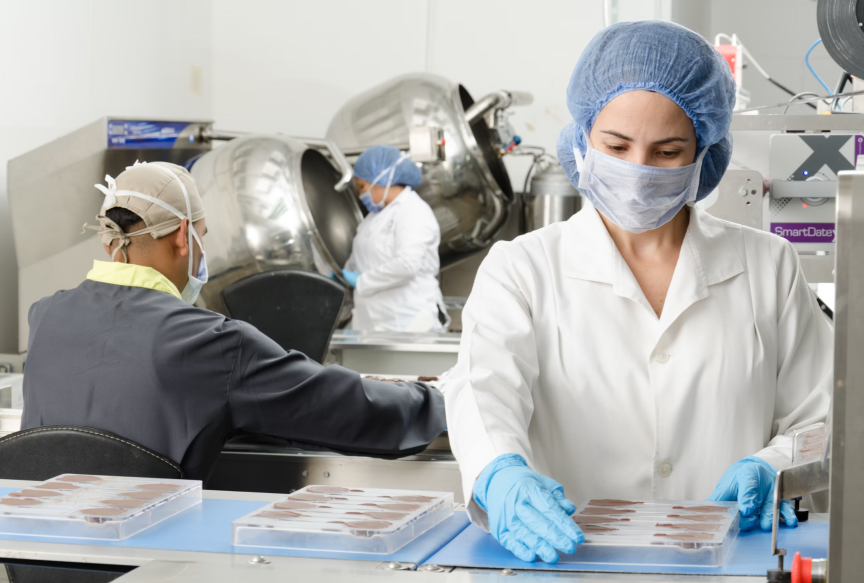Biopharmaceutical industry as a national strategic emerging industry, its development level is directly related to the international competitiveness of China's pharmaceutical industry. However, the biopharmaceutical production support system faces many challenges in the development process. This paper analyzes the challenges faced by the biopharmaceutical production support system and puts forward corresponding countermeasures, with a view to providing reference for the sustainable development of China's biopharmaceutical industry.
Challenges faced by the biopharmaceutical production support system
1. Technological innovation capability Insufficiency
While China's biopharmaceutical industry has made certain achievements, there is still a large gap in technological innovation capability compared with developed countries. Key technologies in the production support system, such as strain selection, fermentation process, purification technology, etc., still need to be broken through.
2. The industrialization level is not high
China's biopharmaceutical industry suffers from the problem of low industrialization, and it is difficult to transform many research results into actual productivity. The production support system still has much room for improvement in terms of scale, automation and continuity.
3. Inadequate quality control system
The quality of biopharmaceutical products is directly related to the safety of patients, so quality control is crucial. Currently, China's biopharmaceutical production support system has problems such as imperfect system and backward detection means in quality control.
4. Environmental impact and resource utilization problems
The wastewater and waste residue produced in the production process of biopharmaceuticals have a certain impact on the environment. At the same time, the resource utilization rate is not high, resulting in increased production costs.
5. The level of informatization management needs to be improved
While some enterprises have begun to implement informatization management, overall, the level of informatization management of China's biopharmaceutical production support system still needs to be improved in order to achieve intelligent and refined control of the production process.
Countermeasures for biopharmaceutical production support system
1. Strengthening technological innovation
(1) Increase investment in research and development (R&D), and encourage enterprises, colleges and universities, and scientific research institutes to carry out joint research on key technologies.
(2) Cultivate innovative talents and improve the overall technical level of the industry.
(3) Introducing foreign advanced technology, realizing digestion, absorption and re-innovation.
2. Enhance the level of industrialization
(1) Optimize the production process and improve the production efficiency.
(2) Promote large-scale, automated, and continuous production techniques to reduce production costs.
(3) Strengthen industrial synergies, and promote the common development of enterprises upstream and downstream of the industrial chain.
3. Improve the quality control system
(1) Establish and improve quality control standards for biopharmaceutical production.
(2) Improve the level of testing equipment to ensure product quality.
(3) Strengthen the construction of quality management system and improve the quality awareness of all staff.
4. Focus on environmental protection and resource utilization
(1) Strengthen the construction of environmental protection facilities to reduce pollutant emissions in the production process.
(2) Promote cleaner production techniques and improve resource utilization.
(3) Establish and improve the environmental protection management system, and implement the responsibility of corporate environmental protection.
5. Improve the level of informationization management
(1) Construct an informationization management platform for the production of biopharmaceuticals, and realize real-time monitoring of production data.
(2) Promote intelligent manufacturing technology to improve the automation level of the production process.
(3) Strengthen the training of informatization talents and improve the level of enterprise informatization management.
The challenges and countermeasures of the biopharmaceutical production support system are an important topic for industrial development. Only by continuously strengthening technological innovation, upgrading the level of industrialization, improving the quality control system, focusing on environmental protection and resource utilization, and improving the level of information management, China's biopharmaceutical industry can achieve sustainable development and make greater contributions to the global pharmaceutical industry.
